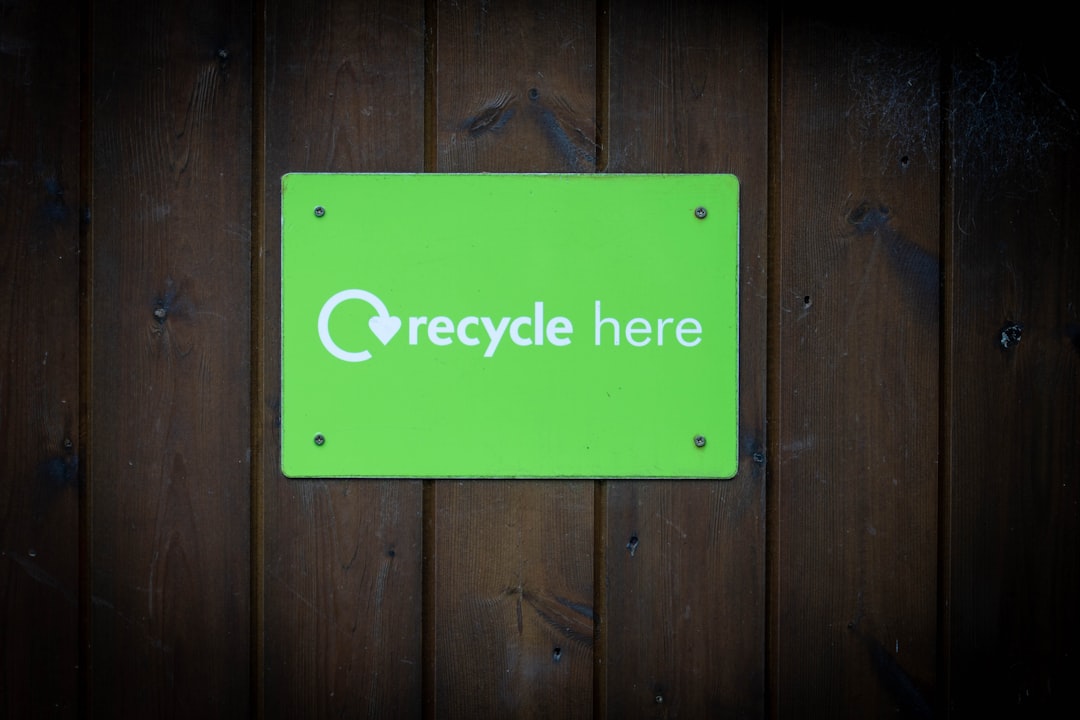Meta Description: Learn essential tips and strategies for sustainable marketing communication to create powerful, eco-friendly brand messages that resonate with conscious consumers.
Introduction
In today’s eco-conscious world, sustainable marketing techniques are no longer just a trend but a necessity for brands aiming to connect with informed and responsible consumers. Mastering sustainable marketing communication allows businesses to craft messages that not only promote their products or services but also highlight their commitment to environmental stewardship and social responsibility.
Why Sustainable Marketing Matters
Sustainable marketing goes beyond traditional advertising by integrating environmental and social considerations into every aspect of marketing strategy. This approach helps build trust, fosters brand loyalty, and differentiates businesses in a competitive marketplace.
The Impact of Carbon Tax on Marketing
With the introduction of carbon taxes, businesses are incentivized to adopt more sustainable practices. These taxes increase the cost of carbon-intensive operations, pushing companies to innovate and reduce their carbon footprint. Sustainable marketing communication effectively highlights these efforts, showcasing a brand’s dedication to low-carbon transitions and responsible business practices.
Essential Tips for Sustainable Marketing Communication
1. Authentic Messaging
Authenticity is key in sustainable marketing. Consumers can easily spot inauthentic or superficial attempts to appear eco-friendly. Ensure that your sustainability claims are genuine and backed by real actions.
- Be Transparent: Share both your successes and challenges in sustainability.
- Avoid Greenwashing: Do not exaggerate your environmental efforts.
2. Transparency and Honesty
Honest communication builds trust. Clearly articulate your sustainability initiatives, goals, and the impact they have on the environment and society.
- Detailed Reporting: Provide comprehensive reports on your sustainability performance.
- Clear Language: Use straightforward language to describe your efforts without jargon.
3. Engaging with Conscious Consumers
Understand and connect with consumers who prioritize sustainability. Tailor your communication to address their values and concerns.
- Personalized Content: Create content that resonates with your target audience’s sustainability interests.
- Interactive Campaigns: Encourage consumer participation through sustainable challenges or initiatives.
4. Leveraging Eco-friendly Channels
Choose marketing channels that align with your sustainability goals. Digital platforms, for example, can reduce the need for physical materials, minimizing environmental impact.
- Digital Marketing: Utilize social media, email campaigns, and online advertising.
- Sustainable Packaging: If using physical materials, opt for recyclable or biodegradable options.
Effective Strategies for Sustainable Marketing
1. Storytelling with Sustainability
Narrate stories that showcase your brand’s sustainable journey. Highlighting personal experiences and case studies can make your message more relatable and impactful.
- Customer Stories: Share testimonials from customers who value your sustainability efforts.
- Behind-the-Scenes: Offer insights into your sustainable practices and processes.
2. Partnerships and Collaborations
Collaborate with like-minded organizations, influencers, and communities to amplify your sustainability message.
- Joint Campaigns: Partner on initiatives that promote environmental conservation.
- Influencer Collaborations: Engage influencers who advocate for sustainability to extend your reach.
3. Measuring Impact and ROI
Track the effectiveness of your sustainable marketing efforts to understand their impact and refine your strategies.
- Key Performance Indicators (KPIs): Monitor metrics related to engagement, conversion, and sustainability goals.
- Feedback Loops: Collect and analyze consumer feedback to improve your initiatives.
4. Continuous Improvement and Adaptation
Sustainability is an evolving field. Stay updated with the latest trends, regulations, and consumer preferences to keep your marketing strategies relevant.
- Ongoing Education: Invest in training and development for your marketing team.
- Agile Strategies: Be prepared to pivot your strategies based on new insights and market changes.
Conclusion
Mastering sustainable marketing communication is essential for brands aiming to thrive in an eco-conscious marketplace. By implementing authentic messaging, maintaining transparency, engaging with conscious consumers, and leveraging eco-friendly channels, businesses can create impactful and resonant brand messages. Additionally, strategic storytelling, partnerships, effective impact measurement, and continuous improvement further enhance the effectiveness of sustainable marketing techniques.
Embracing sustainability in marketing not only benefits the environment but also strengthens brand reputation and fosters long-term customer loyalty. As consumers become increasingly aware of their environmental footprint, sustainable marketing communication becomes a powerful tool for brands to make a meaningful connection and drive positive change.
Ready to elevate your sustainable marketing strategies? Contact Ripple Marketing today and bridge the gap to a greener future.

Leave a Reply